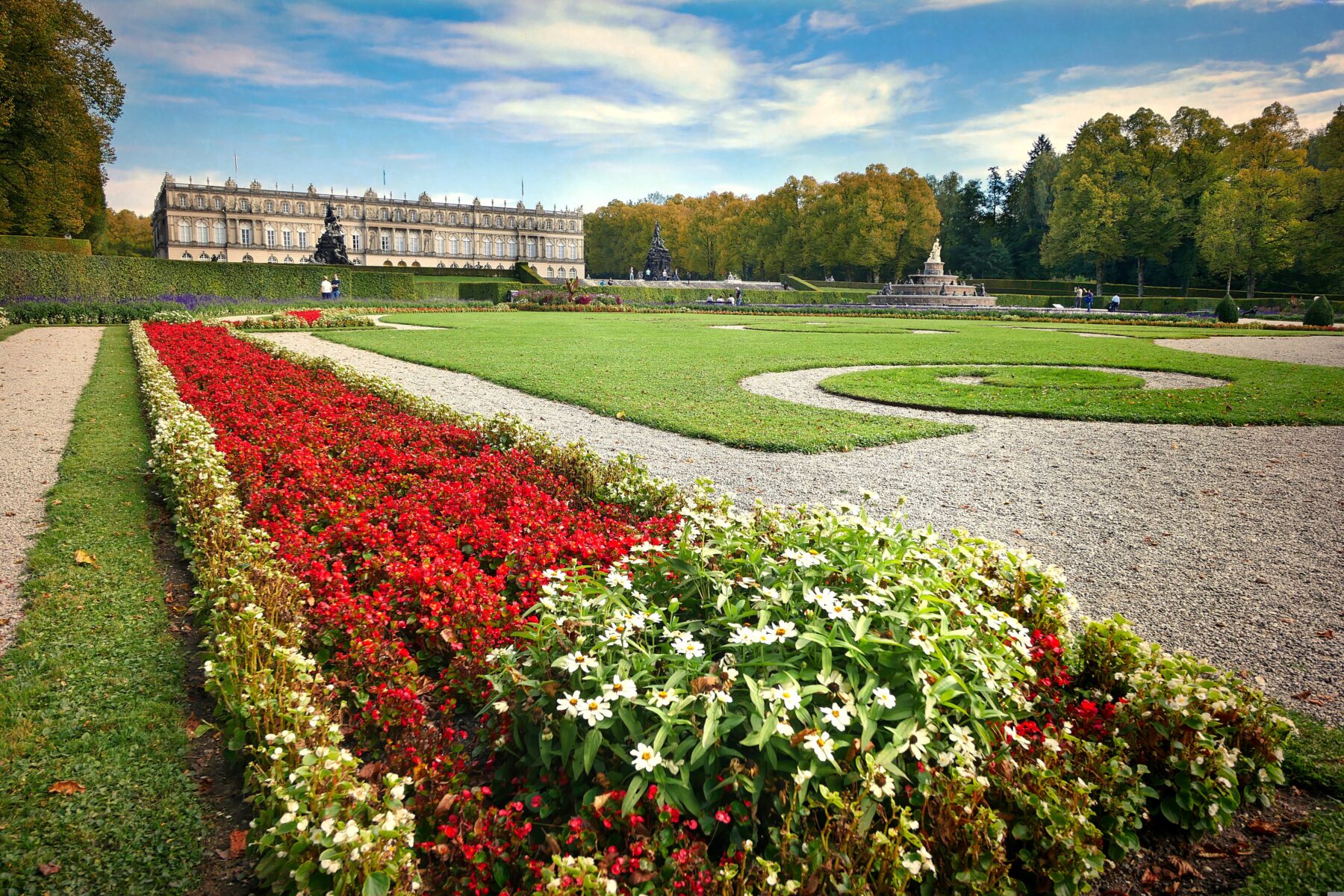The Unbeatable Benefits of Gravel in Construction Projects
August 28, 2024

In terms of building supplies, gravel serves as a backbone. From its basic function in construction to its decorative contributions in landscaping, gravel provides a great range of advantages that make it essential. Anyone in construction, whether on home projects or major infrastructure, needs to first comprehend these advantages.
Durability and Strength
Gravel is well-known for its strength, which offers a strong base that’s able to resist extreme weather and heavy loads. Because it can withstand the wear and strain resulting from continuous use, this material is the preferred choice for building paths, driveways, and roads. Gravel improves the structural integrity of concrete and asphalt surfaces when used as a base layer, lowering the lifetime risk of cracks and damage.
Additionally, gravel’s strength makes it perfect for use in places likely to flood. It allows water to pass through its layers, therefore stopping surface water accumulation and lowering erosion risk. This quality not only increases the lifetime of building projects but also helps to create more dependable, safer infrastructure.
Economical Relevance
Gravel’s cost-effectiveness is among its most important benefits. In most areas, gravel is cheaper and more readily available than other building materials. Small-scale and large-scale projects alike make choices based on pricing since it helps to keep construction expenses within budget without sacrificing quality.
Furthermore, reduced maintenance needs for gravel result in long-term savings. Unlike concrete surfaces, which could call for more expensive repairs, gravel is especially appealing in projects with limited funds, where this cost-benefit is needed.
Versatility of Application
The adaptability of gravel is another reason it is so often used in construction. There are several versions and sizes that fit for diverse uses. For decorative uses in landscaping, pea gravel is chosen, and crushed stone gravel is commonly used in concrete mixtures. This versatility enables construction experts to choose the suitable kind of gravel for certain project requirements, guaranteeing the best performance and appearance.
Furthermore, gravel can improve the qualities of other materials through mixing. Used in concrete, gravel is combined with sand and cement. This flexibility emphasizes the need for gravel as a basic building element in the construction industry.
Advantages for the Environment
Gravel has various environmental advantages at a time when sustainability is a rising concern. Its natural makeup causes it to have a smaller carbon footprint than produced products. Moreover, gravel is usually obtained locally, lowering transportation-related emissions and helping local businesses.
Environmental management depends on the permeability of gravel as well. Gravel serves to replenish groundwater resources and stop surface runoff—which could carry pollutants into bodies of water—by letting rainwater filter through the ground. For projects that give environmental stewardship a priority, gravel’s natural qualities make it a sustainable solution.
Aesthetic Appeal
Beyond its practical benefits, gravel gives construction and landscape projects artistic value. Pathways, garden beds, and driveways will look better with its natural texture and color variances. Gravel can be imaginatively used to create beautiful settings that fit very naturally with the surroundings.
Gravel’s adaptability for design goes beyond outdoor installations as well. Modern interior design is using it more and more as it adds some indoor natural elements. From adding rustic elements to living areas to acting as a decorative accent in businesses, gravel can accomplish both.
Unmatched in its mix of durability, cost-effectiveness, adaptability, environmental benefits, and aesthetic appeal, gravel plays a key part in construction projects. Professionals looking for dependable, environmentally friendly, and aesthetically pleasing solutions for their projects often make this material their first choice. Using gravel improves the quality and lifespan of projects as well as supports a more ecologically friendly construction industry.
